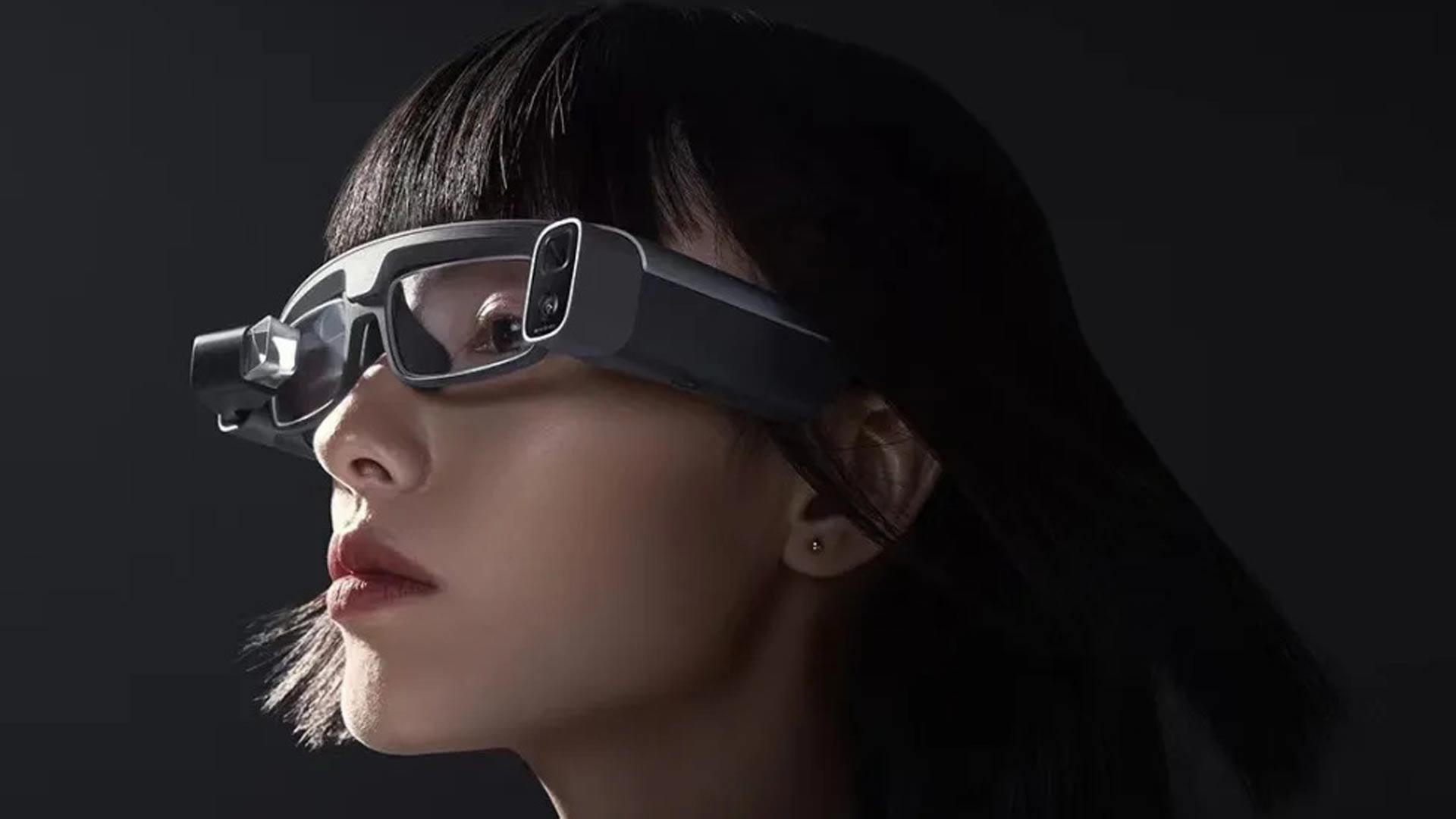Jan 19, 2024
Introduction
Augmented Reality (AR) has been a buzzword in the tech world for quite some time now, and its potential seems limitless. One of the most exciting developments in this field is the ongoing progress in AR glasses development. As technology continues to advance, AR glasses are poised to revolutionize the way we perceive and interact with the world around us. In this article, we'll delve into the current state of AR glasses development and explore the promising future that lies ahead.
The Current Landscape:
AR glasses, also known as smart glasses, are wearable devices that overlay digital information onto the user's real-world view. Unlike Virtual Reality (VR), which immerses users in a completely virtual environment, AR enhances the real world with additional layers of information. Companies like Microsoft, Google, Apple, and Facebook have been investing heavily in AR glasses development, each approaching the technology with its unique perspective.
Microsoft HoloLens:
Microsoft has been a pioneer in AR with its HoloLens series. The latest HoloLens 2 boasts improved field of view, more natural interaction with hand tracking, and enhanced comfort. Targeted primarily at enterprise applications, HoloLens is already making waves in industries such as healthcare, manufacturing, and education.
Google Glass Enterprise Edition:
After an initial foray into consumer markets, Google pivoted its Glass project towards enterprise applications. The Google Glass Enterprise Edition is designed for hands-free use in workplaces, facilitating tasks such as training, maintenance, and communication.
Apple's AR Glasses:
Apple, known for its innovation in consumer technology, has been tight-lipped about its AR endeavors. However, rumors and patents suggest that Apple is actively working on AR glasses that could potentially integrate with other Apple devices seamlessly.
Facebook's Project Aria:
Facebook (now Meta) is exploring AR through its Project Aria initiative. While not yet a consumer product, Project Aria involves testing AR glasses equipped with sensors to collect data for research and development. This project provides valuable insights into the challenges and possibilities of AR glasses.
Challenges and Opportunities:
Despite the exciting advancements, AR glasses face several challenges. The form factor, battery life, and user interface design are critical aspects that companies are working to improve. Striking a balance between functionality and aesthetics is crucial for widespread adoption. Additionally, addressing privacy concerns, as AR glasses have the potential to capture and process a significant amount of user data, is essential.
The Future of AR Glasses:
The future of AR glasses development holds immense promise. As technology progresses, we can expect:
Enhanced Performance:
Future iterations of AR glasses will likely feature improved performance, with higher resolution displays, wider fields of view, and more sophisticated sensors for better tracking and interaction.
Integration with AI:
The integration of Artificial Intelligence (AI) will play a crucial role in enhancing the capabilities of AR glasses. AI algorithms can provide context-aware information and personalized experiences, making AR glasses more intuitive and user-friendly.
Consumer Adoption:
While current AR glasses are primarily targeted at enterprise users, ongoing development efforts aim to make AR glasses more accessible to consumers. The integration of AR into daily life for tasks like navigation, communication, and entertainment could drive widespread adoption.
Ecosystem Integration:
AR glasses are likely to become an integral part of broader technology ecosystems. Seamless integration with smartphones, smart home devices, and other wearables will create a cohesive user experience.
Conclusion
AR glasses development is on a fascinating trajectory, pushing the boundaries of what's possible in human-computer interaction. As major tech players continue to invest in this technology, we can anticipate a future where AR glasses become commonplace, enriching our daily lives in ways we can only imagine. The evolution of AR glasses represents a significant step towards a more immersive and interconnected digital world. Exciting times lie ahead as we witness the transformation of the way we see and interact with reality.




